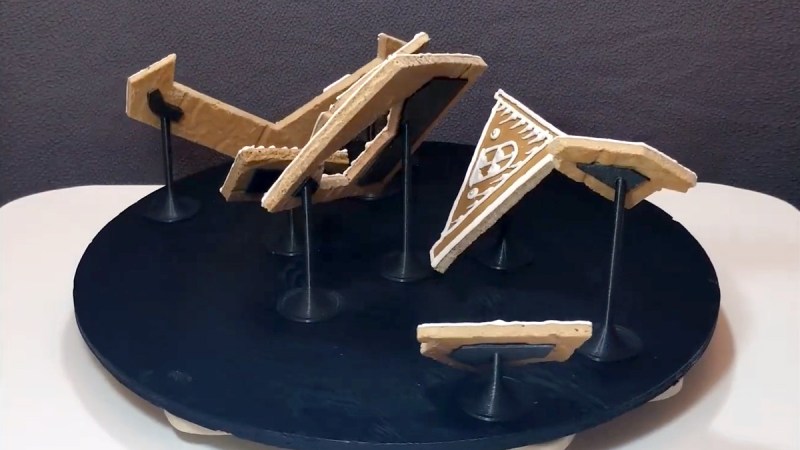Shining Through: Germanium and Gold Leaf Transparency
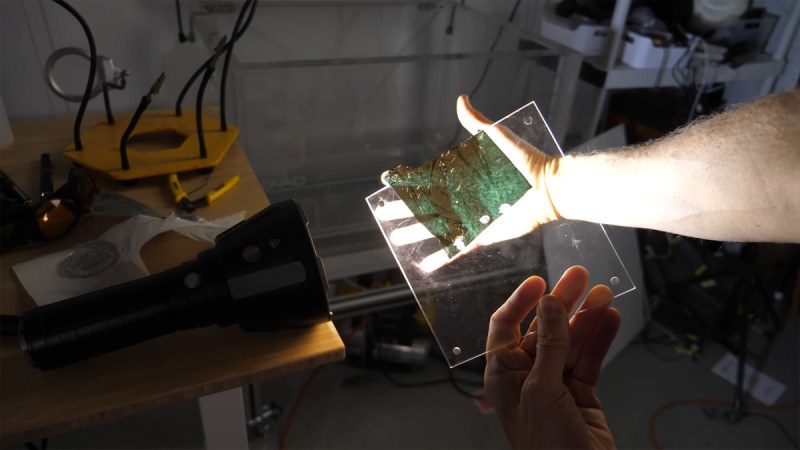
Germanium. It might sound like just another periodic table entry (number 32, to be exact), but in the world of infrared light, it’s anything but ordinary. A recent video by [The Action Lab] dives into the fascinating property of germanium being transparent to infrared light. This might sound like sci-fi jargon, but it’s a real phenomenon that can be easily demonstrated with nothing more than a flashlight and a germanium coin. If you want to see how that looks, watch the video on how it’s done.
The fun doesn’t stop at germanium. In experiments, thin layers of gold—yes, the real deal—allowed visible light to shine through, provided the metal was reduced to a thickness of 100 nanometers (or: gold leaf). These hacks reveal something incredible: light interacts with materials in ways we don’t normally observe.
For instance, infrared light, with its lower energy, can pass through germanium, while visible light cannot. And while solid gold might seem impenetrable, its ultra-thin form becomes translucent, demonstrating the delicate dance of electromagnetic waves and electrons.
The implications of these discoveries aren’t just academic. From infrared cameras to optics used in space exploration, understanding these interactions has unlocked breakthroughs in technology. Has this article inspired you to craft something new? Or have you explored an effect similar to this? Let us know in the comments!
We usually take our germanium in the form of a diode. Or, maybe, a transistor.


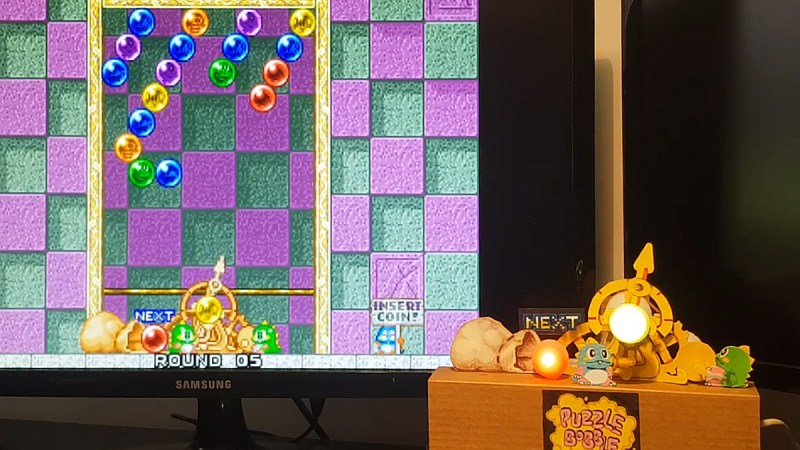

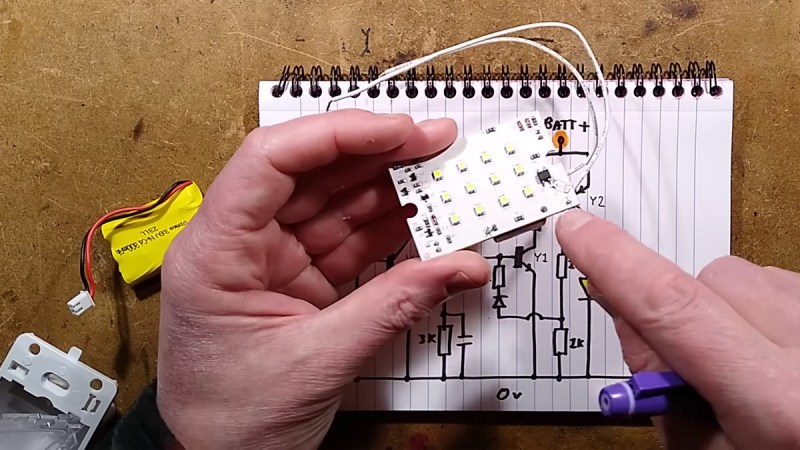

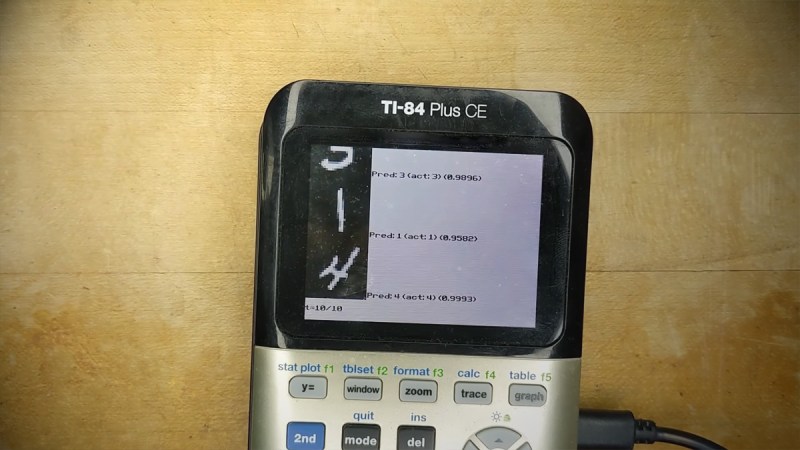

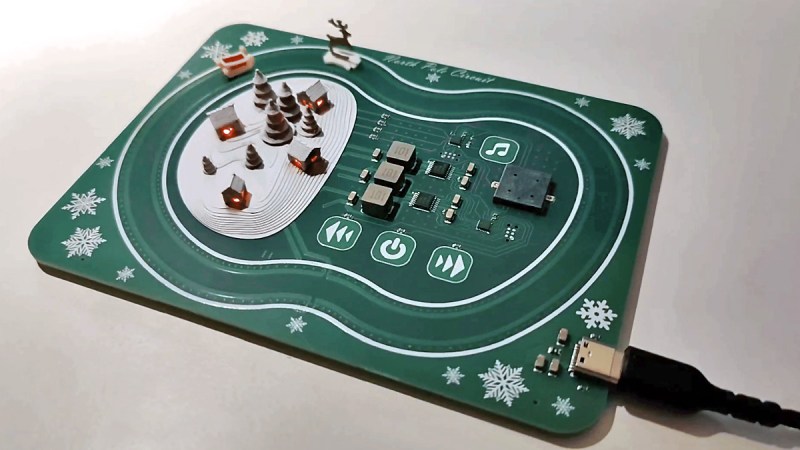
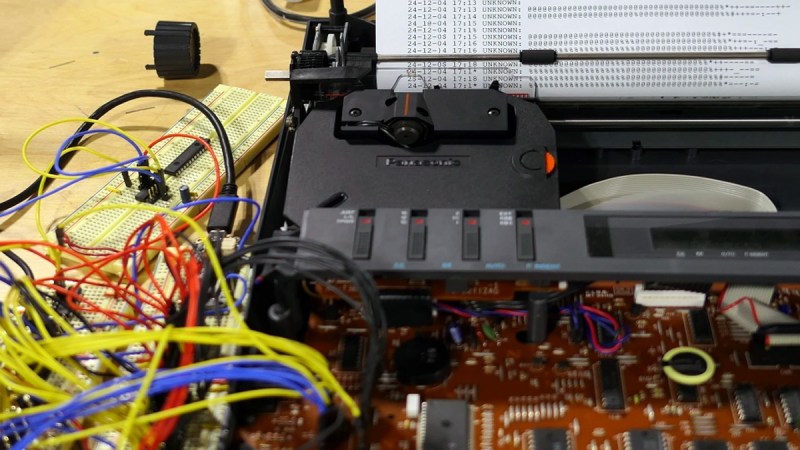


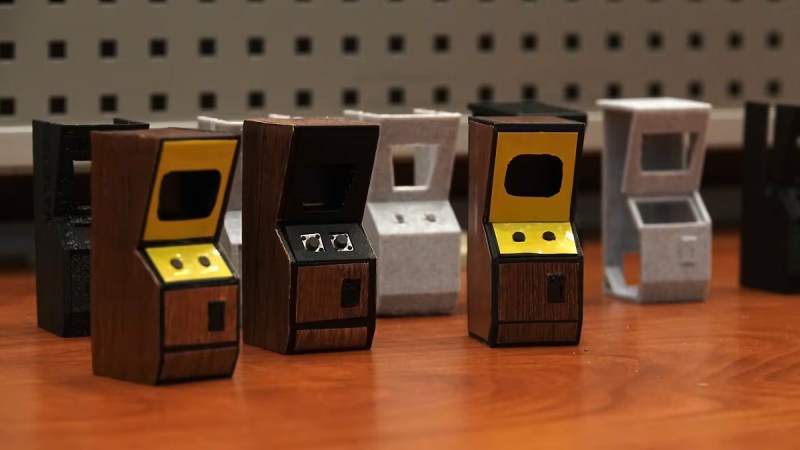
![[Wills] and his purple DIY sorting hat](https://hackaday.com/wp-content/uploads/2024/12/robot-sorting-hat-1200.jpg?w=800)
